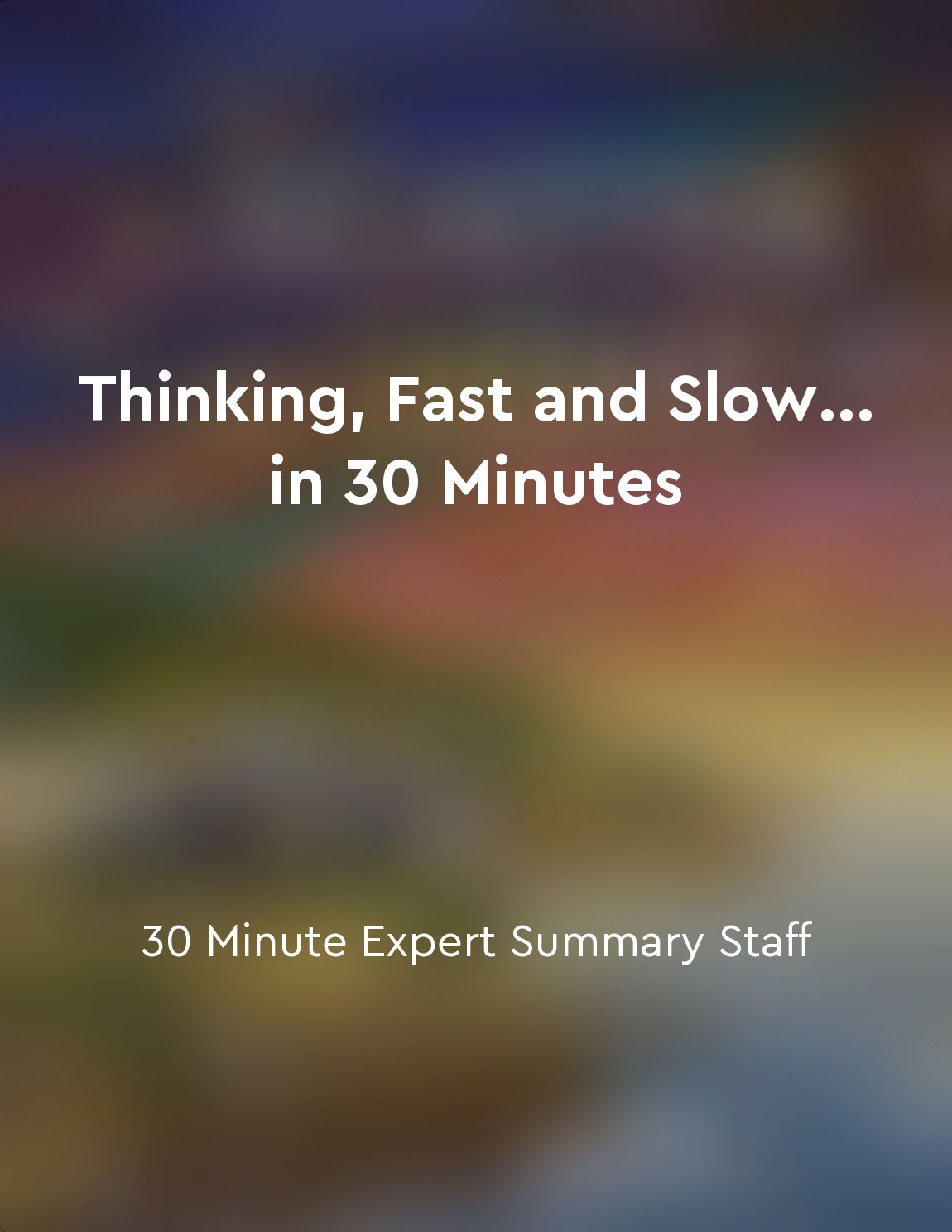Memory is unreliable in a propagandadriven world from "summary" of Nineteen Eighty-Four by George Orwell
In a world where propaganda reigns supreme, memory becomes a treacherous thing. The Party controls the past, present, and future, manipulating information to suit its own agenda. Winston, the protagonist of the story, works at the Ministry of Truth, where he alters historical records to align with the Party's ever-changing narrative. The Party's slogan, "Who controls the past controls the future: who controls the present controls the past," underscores the extent to which memory is weaponized in this dystopian society. People are bombarded with contradictory information, making it nearly impossible to discern truth from lies. Winston himself struggles with memories of a time before the Party's totalitarian rule. He remembers events that contradict the Party's version of history, but he knows that his memories may be false, implanted by the Party itself. The concept of "doublethink" – holding two contradictory beliefs simultaneously – is a survival mechanism in this world where truth is a mutable concept. The Party's use of Newspeak further complicates matters, as language shapes the way people think and remember. By limiting vocabulary and altering meanings, the Party controls not just what people say, but what they are capable of thinking. This linguistic manipulation reinforces the unreliability of memory in a world where truth is a matter of convenience.- The concept of memory in a propagandadriven world reflects the insidious nature of power and control. Without a reliable record of the past, people are left adrift in a sea of misinformation, unable to trust their own recollections. In a society where truth is a malleable construct, memory becomes a liability, a tool of oppression rather than a source of personal identity.
Similar Posts
Selfawareness is key to growth
Self-awareness is like a beam of light that shines on the darkest corners of our minds. It is the starting point of growth, the...
Our memories are shaped by our experiences
Our memories are not fixed and unchangeable; they are constantly being shaped and reshaped by our experiences. Every new experi...
Hope can be a dangerous thing
Hope, that flickering flame of optimism that refuses to be extinguished even in the face of overwhelming odds. It can be a frag...
Role of media in shaping political opinion
The media plays a crucial role in shaping political opinion. Through newspapers, television, radio, and the internet, people ar...
Tell a coherent and compelling story to convey your message effectively
To effectively communicate your message, it is crucial to tell a coherent and compelling story. This means constructing a narra...
Leadership is lacking
The truth is, leadership is lacking. It's a simple fact that we can't ignore. We see it every day in the chaos and division tha...
Cognitive biases affect our perceptions
Cognitive biases shape our perceptions in ways that are often invisible to us. These biases are the result of mental shortcuts ...

Halo effect biases perceptions
The Halo effect refers to the tendency for our overall impression of a person, company, product, or brand to influence our perc...
Strength comes from within
In the face of adversity, it is often easy to feel overwhelmed and helpless. The challenges we encounter can seem insurmountabl...

Confirmation bias reinforces existing beliefs
Confirmation bias occurs when we seek out information that confirms our existing beliefs while ignoring or discounting evidence...

